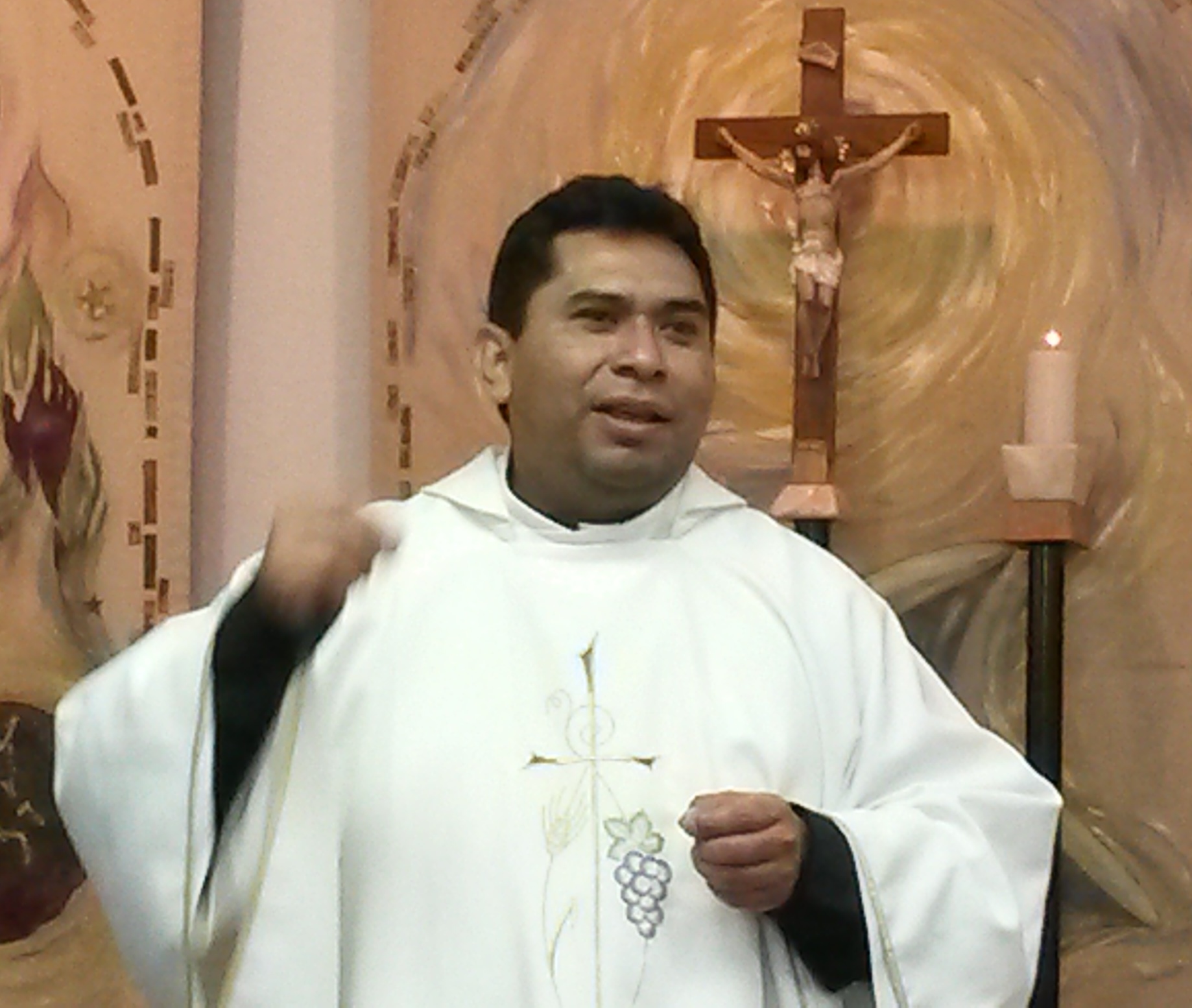 XXXII SUNDAY IN ORDINARY TIME
XXXII SUNDAY IN ORDINARY TIME
THE LOVING ENCOUNTER WITH THE BRIDEGROOM
By our Pastor, Fr. Carmelo Jiménez
We continue on the last stretch of the liturgical year and with that the readings this Sunday help open us up to the ultimate destiny of man and life.
“Resplendent and unfading is wisdom, and she is readily perceived by those who love her, and found by those who seek her.” (Wis 6:12) This reading personifies wisdom because without wisdom, which is the essence of what is good, of happiness, of what is ethical and esthetic, life loses its beauty and eschatological dimension. To be wise, in the Bible, is not to study and get a degree to learn many things; it is not a question of quantity, but rather quality; it is to constantly discover the deepest dimension of ourselves and of God. Wisdom is thinking correctly in order to make correct decisions and live a just life before God. The most sublime example of wisdom is the knowledge that Solomon had for leading his people. And so wisdom is what is transmitted from God to Israel to bring it to its fullness, to true happiness, and is expressed in a concise and sublime way in the commandments.
“The kingdom of heaven will be like ten virgins who took their lamps and went out to meet the bridegroom.” (Mt 25:1b) This text is only found in Matthew and it proposes to us a parable of the foolish virgins and the wise virgins. The number 10 means the totality or the complete group of something. And so we could give this parable a communal meaning for all intents and purposes. The wedding and the bridegroom are signs of the end point. The oil in Judaism was the symbol of good works, also the sign of the joy of welcome.
“Five of them were foolish and five were wise. Since the bridegroom was long delayed,
they all became drowsy and fell asleep.” (Mt 25: 2.5) Jesus uses the frame of a wedding feast to speak about something transcendental: waiting and hope. But the protagonists of this story are not the bride nor the bridegroom, but rather the ladies who accompanied the bridegroom at that moment. This means that they were full of joy for the occasion, as if they themselves were involved, as much or more than the bride. But for this occasion of love and grace they have to be prepared and open to wisdom. The joy that is felt in a wedding like Jesus is describing is something that reaches a climax when the bridegroom arrives.
“While they went off to buy it, the bridegroom came and those who were ready went into the wedding feast with him. Then the door was locked.” (Mt 25:10) The important thing is to be prepared for the arrival of the bridegroom. It speaks of a presence before those who wait. It is not a question of understanding in physical terms, but rather how do we face the most important things in our life: death and eternity: with wisdom? With joy? With oil, with light? With hope?
This world can seem almost eternal, because year after year has passed and it seems like it doesn’t come to an end, but we are not eternal on this earth. We are called to God’s presence, and so, we should all long lovingly for that moment. Otherwise we will be the foolish ones and we will not be able to attend the wedding vows of eternal love, of happiness without limits. God grants us the wisdom to prepare ourselves worthily for the encounter of love.